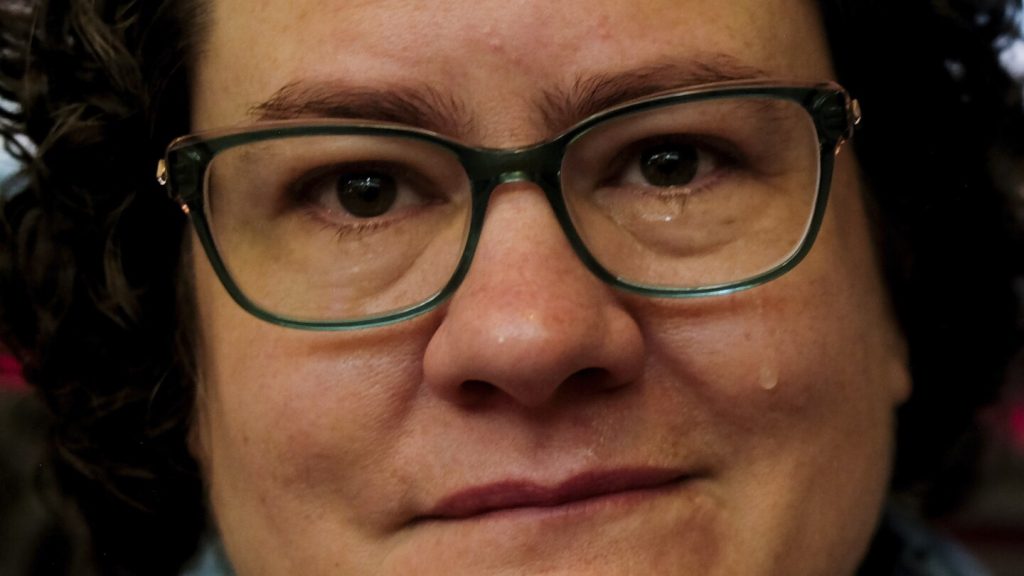Beth Stroud, a United Methodist pastor, was defrocked 20 years ago for acknowledging her committed relationship with another woman. However, earlier this month, the UMC delegates voted to strike down the anti-LGBTQ policies and established a pathway for clergy like Stroud to seek reinstatement. Stroud, now 54, is taking that path and is optimistic that the United Methodist clergy in eastern Pennsylvania will restore her pastoral credentials at an upcoming meeting. She is excited about starting a new job as an assistant professor of Christian history and plans to continue being a part of the church and its work in the world.
Even though Stroud doesn’t plan to return to full-time ministry immediately, she wanted to regain the options available to an ordained minister. She hopes to join a congregation near the Methodist Theological School in Ohio, where she will be teaching. Stroud believes that there are opportunities where her credentials as a minister will be valuable, such as leading Communion when the regular pastor is absent. She is looking forward to being involved in the church and its mission to serve the community.
Stroud’s decision to seek reinstatement was not easy, considering the challenges she faced after being defrocked. She mentioned the anger she felt initially and reflected on the life she could have had if she had continued as a pastor. Despite the setbacks, including battling cancer and going through a divorce, Stroud remains committed to serving the church. Her journey began in 2003, when she disclosed her same-sex relationship to her congregation, leading to a legal battle that resulted in her defrocking. However, she continued to be active in her faith community, emphasizing the importance of inclusion and acceptance.
Jimmy Creech, another UMC pastor defrocked for presiding over a same-sex union, expressed gratitude for the recent legislation allowing reinstatement. Creech, now 79, decided not to seek reinstatement but acknowledged the significance of the UMC’s move towards reconciliation and restorative justice. Despite his expulsion from the ministry, Creech remained active in pastoral roles and advocacy for LGBTQ inclusion in the church. He believes that the church’s actions did not take away his identity as a pastor.
Amy DeLong, a lesbian pastor from Wisconsin, fought for LGBTQ inclusion in the UMC for years but eventually took early retirement in 2021. DeLong, who underwent a church trial in 2011 for conducting a same-sex union, felt that the UMC’s continued discrimination outweighed any positive aspects of the church. While she welcomes the lifting of the anti-LGBTQ bans, DeLong no longer considers herself a Methodist. She believes that LGBTQ pastors in the church still face inequality despite the policy change and hopes for a more inclusive and accepting environment for all members of the LGBTQ community.
The UMC’s decision to repeal its anti-LGBTQ policies marks a significant milestone in the fight for LGBTQ inclusion in mainline Protestant denominations. The last of its kind to exclude LGBTQ individuals from marriage and ministry, the UMC’s policy change reflects a broader shift towards inclusivity in religious communities. LGBTQ activists have played a crucial role in advocating for change within faith traditions, expressing courage and resilience in the face of adversity. The struggle for equality in religious institutions continues, with individuals like Beth Stroud paving the way for a more welcoming and affirming church community.


